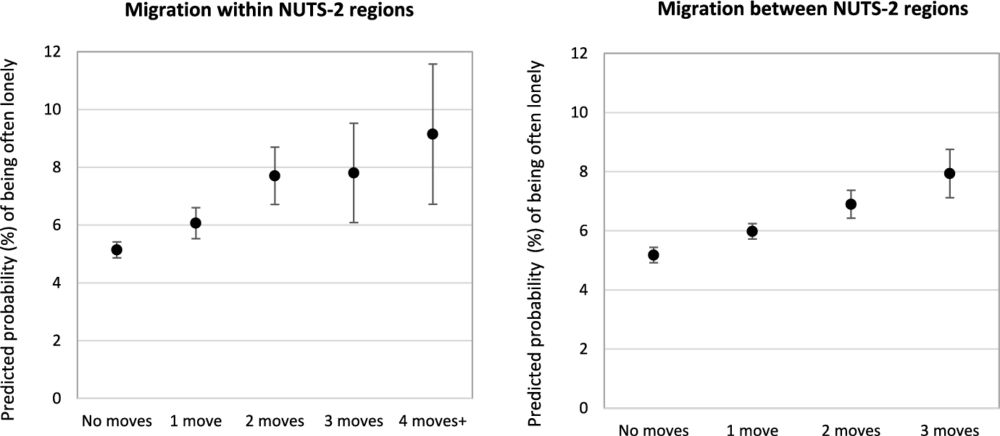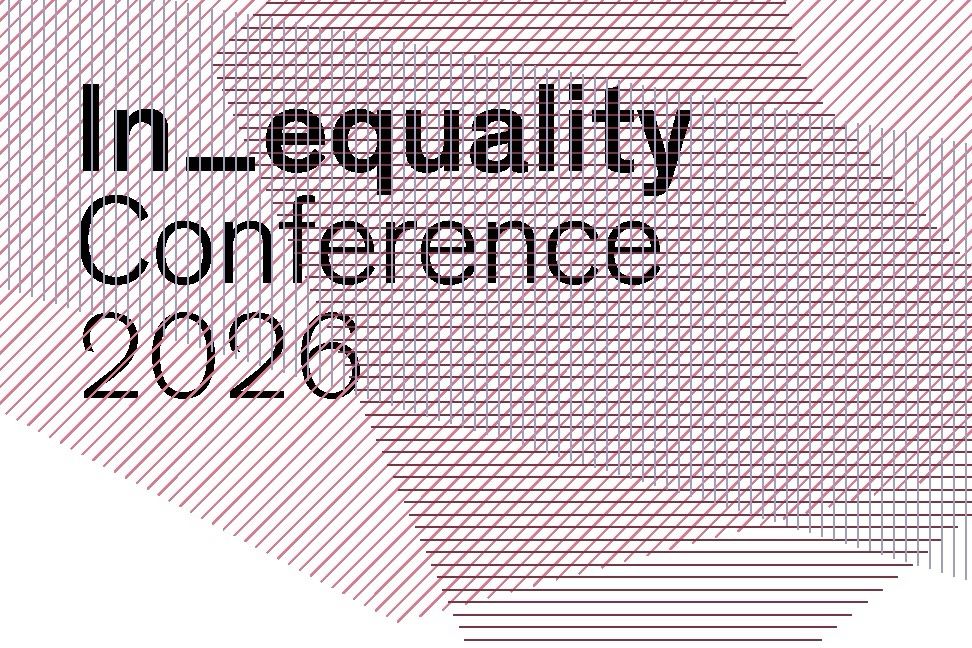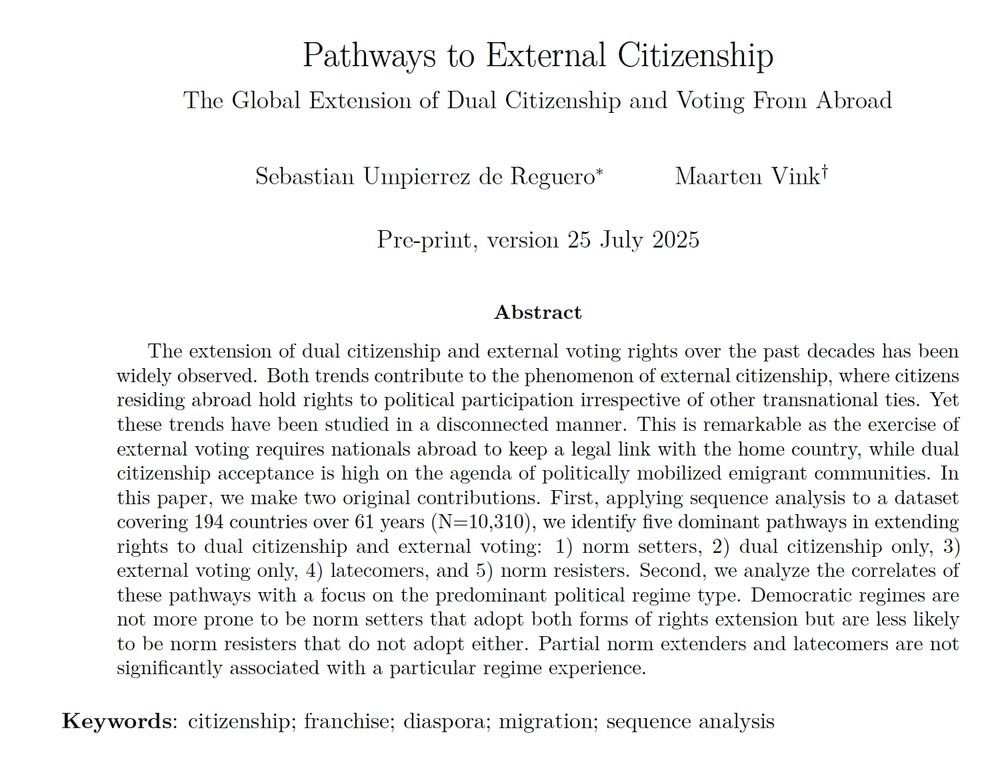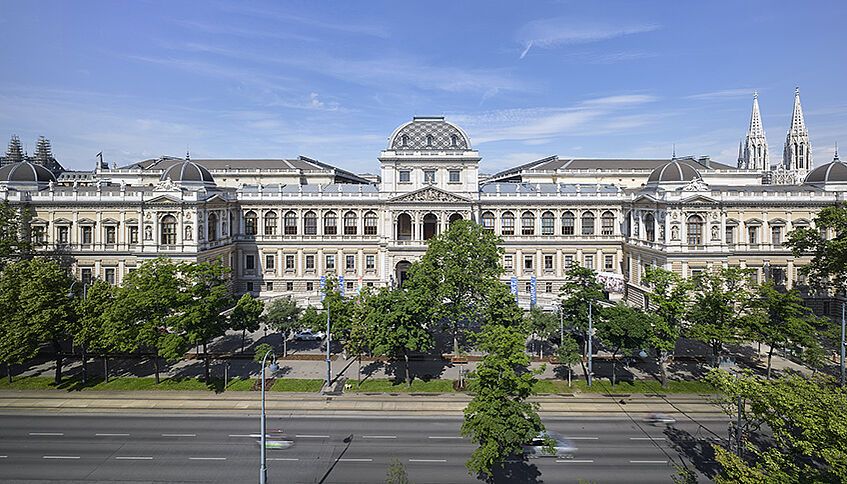Nils Witte
@niwitte.bsky.social
950 followers
670 following
25 posts
Sociologist @Goethe-University Frankfurt and @Federal Institute for Population Research. www.nilswitte.com
Posts
Media
Videos
Starter Packs
Reposted by Nils Witte
Reposted by Nils Witte
Reposted by Nils Witte
Reposted by Nils Witte
Reposted by Nils Witte
Reposted by Nils Witte
Reposted by Nils Witte
Reposted by Nils Witte
Reposted by Nils Witte
Reposted by Nils Witte
Reposted by Nils Witte
Reposted by Nils Witte
Christiaan Monden
@cmonden.bsky.social
· Jul 23
Sociology Visitorships - Nuffield College Oxford University
The Nuffield College Sociology Group invites applications for a Visitorship at the College during the 2026-27 academic year (between early October 2026 and late June 2027).
www.nuffield.ox.ac.uk
Reposted by Nils Witte
Reposted by Nils Witte
Reposted by Nils Witte
Reposted by Nils Witte
Reposted by Nils Witte
Sergi Vidal
@svidal.bsky.social
· Jul 22

Internal Migration and Loneliness in Childhood: The Moderating Role of Family Structure and Cultural Individualism - European Journal of Population
The negative impact of childhood internal migration on diverse life outcomes is well documented. The main hypothesis to explain this association is the severance of social ties. However, empirical evi...
link.springer.com























